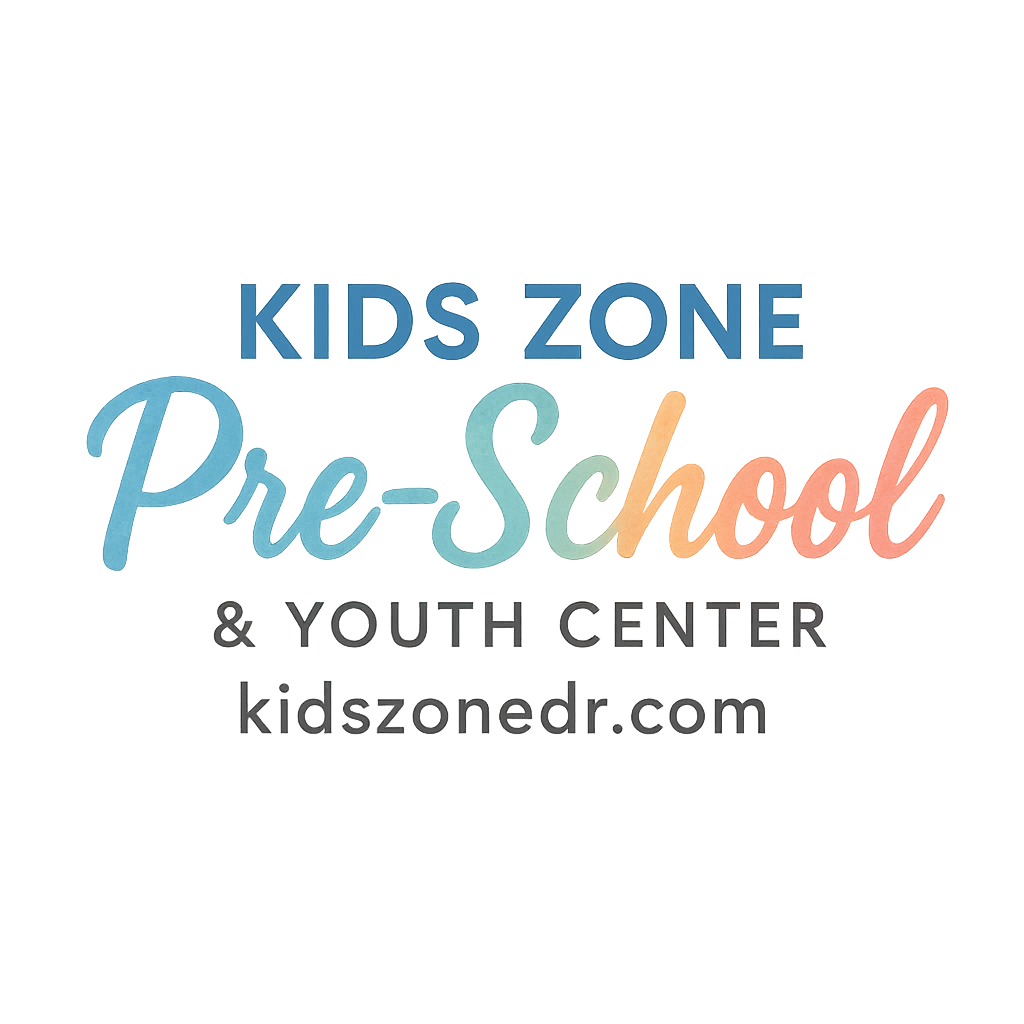Introduction: The Importance of Parent-Teacher Meetings
As a parent, meeting with your child’s preschool teacher is one of the best ways to stay informed about their progress, strengths, and areas needing improvement. These meetings provide an excellent opportunity to build a strong partnership with your child’s teacher, ensuring that your little one is thriving both socially and academically.
In this article, we’ll discuss six essential questions to ask during your preschool parent-teacher meeting. These questions will help you gain a clear understanding of your child’s development and how you can support them further at home. To dive deeper into creating a collaborative environment, visit Parental Guidance & Involvement.
Why Parent-Teacher Meetings Matter
Parent-teacher meetings serve as a bridge between home and school, allowing you to work together to create a holistic approach to your child’s development. These meetings aren’t just about grades or reports; they’re about understanding the whole child.
Building a Strong Partnership
A positive parent-teacher partnership sets the foundation for success. Teachers can share insights into how your child interacts in class, while you can offer valuable background information about your child’s interests, challenges, and home life. Check out the article on Choosing the Right Preschool for additional tips on how to foster a solid foundation for your child’s education.
Understanding Your Child’s Development
Every child develops at their own pace. Parent-teacher meetings are the best time to discuss your child’s academic progress, social skills, emotional growth, and general well-being.
How to Prepare for the Meeting
To make the most of your time with the teacher, it’s essential to come prepared.
Review Your Child’s Progress
Before the meeting, take some time to review any updates or reports your child’s teacher has provided. This will help you understand what areas might need further discussion.
Bring Specific Questions
Come with a list of questions to ensure you get all the information you need. It’s easy to forget important topics, but by preparing questions in advance, you can ensure you don’t miss anything critical. For further insight on supporting learning at home, explore the Preschool Learning & Development section on our website.
Question #1: How is My Child’s Social Development?
Social skills are crucial for success both in school and later in life. During the meeting, ask about how your child is interacting with peers and handling group activities.
Why Social Skills Are Important
Preschool is the perfect environment for your child to develop essential social skills like sharing, empathy, and conflict resolution. By asking this question, you get insight into how your child is progressing in this area.
Signs of Social Growth or Challenges
Your child might be great at making friends or may need some extra support with their social development. Understanding whether your child is thriving or facing challenges allows you to take appropriate steps at home or in coordination with the teacher. For more tips on fostering social skills, read Daily Routines & Activities.
Question #2: How Does My Child Interact with Peers and Teachers?
Understanding how your child interacts with others in the classroom is a valuable insight into their emotional development.
Peer Interactions: A Key to Emotional Growth
At this stage, children are learning about the dynamics of friendships. Whether your child tends to be shy, outgoing, or has trouble sharing, knowing how they interact with peers helps you understand their emotional growth. For guidance on emotional well-being, check out Health & Safety in Preschool.
Teacher’s Role in Building Relationships
The way a teacher fosters relationships with students can significantly impact a child’s emotional well-being. Ask how your child connects with the teacher, and if they feel comfortable approaching them for help or expressing their feelings. Understanding the teacher’s role in emotional support is crucial. Learn more in Preschool Milestones & Growth.
Question #3: Is My Child Meeting the Learning Milestones?
Every child develops academically at different rates, but it’s important to know whether your child is on track with their learning.
What Are the Key Milestones for Preschoolers?
Preschool milestones include things like learning letters and numbers, developing fine motor skills, and understanding basic concepts like colors, shapes, and sizes. Understanding these milestones helps you measure your child’s academic growth. If you’re interested in classroom features, check out Classroom Features for more information.
Red Flags and Early Intervention
If there are any signs that your child is not meeting developmental milestones, early intervention can make a world of difference. Ask about areas where your child might need extra support and how you can help at home. To better understand learning growth, read Preschool Learning Development.

Question #4: What Are My Child’s Strengths and Weaknesses?
Every child has unique talents and challenges. By asking about both strengths and weaknesses, you can focus on areas where your child excels and also provide additional support where needed.
Identifying Strengths to Build Confidence
A child’s strengths—whether it’s in art, reading, or physical activity—should be nurtured to build self-esteem and confidence. Positive reinforcement from the teacher can go a long way. Strengthening these strengths can boost your child’s confidence and help them achieve academic success.
Working on Areas of Improvement
Equally important is acknowledging areas that need improvement. Whether it’s in behavior, academics, or social interactions, knowing where your child needs help allows you to work together with the teacher to support them effectively. If you’re looking for guidance, explore Daily Schedule & Routines.
Question #5: How Can I Support Learning at Home?
Your involvement in your child’s education doesn’t stop when the school day ends. There are many ways you can help reinforce what they’re learning in preschool.
Creating a Positive Learning Environment
Establish a designated learning space at home where your child can focus and be encouraged to engage in educational activities. Ask the teacher for suggestions on fostering this at home.
Resources and Activities for Home Support
Ask the teacher for recommendations on activities, books, or online resources to support your child’s learning. This will help reinforce what they are learning in class and keep them excited about school. For additional insights on supporting your child’s development, see Parenting Resources.
Question #6: How Are You Supporting My Child’s Emotional Well-being?
Emotional health is just as important as academic growth. Your child’s preschool teacher plays a significant role in supporting their emotional well-being.
Emotional Development in Preschoolers
Preschool is a time when children experience a wide range of emotions. It’s crucial to ask how the teacher supports emotional regulation, such as helping children navigate feelings of frustration or sadness.
Ways Teachers Can Foster Emotional Health
Ask the teacher how they foster emotional well-being in the classroom, from encouraging kindness to helping children manage stress. To read more about fostering emotional growth, check out the Child Talk section for expert advice.
Conclusion: Strengthening the Parent-Teacher Relationship
In conclusion, parent-teacher meetings are an essential part of your child’s early education. By asking the right questions, you’ll not only gain insights into your child’s academic progress and social development but also build a collaborative relationship with their teacher. This partnership will ensure that your child is set up for success both in school and in life. For more information on school searches and what to expect, visit School Search Guide.
FAQs
- What should I bring to a parent-teacher meeting?
- Bring any recent schoolwork, reports, or notes from the teacher, as well as a list of questions you want to ask.
- How often should I attend parent-teacher meetings?
- Attend at least once a semester, but you may also schedule meetings as needed if any concerns arise. For guidance, explore Volunteering in Schools.
- What if the teacher brings up concerns about my child?
- Listen openly and work with the teacher to come up with a plan for improvement. Early intervention is key.
- How can I support my child’s social skills at home?
- Encourage playdates, role-playing, and group activities to help your child practice social skills.
- Should I ask about my child’s future in the meeting?
- Yes, asking about future goals and milestones can help you prepare for what’s ahead. Check out Learning Milestones.
- How can I help my child with learning at home?
- Set up a routine, offer educational games, and read together regularly to reinforce learning.
- Is it okay to ask about my child’s emotional well-being?
- Absolutely. Understanding your child’s emotional state is just as important as knowing about their academic progress. For more on this, visit Healthy Eating Habits.


